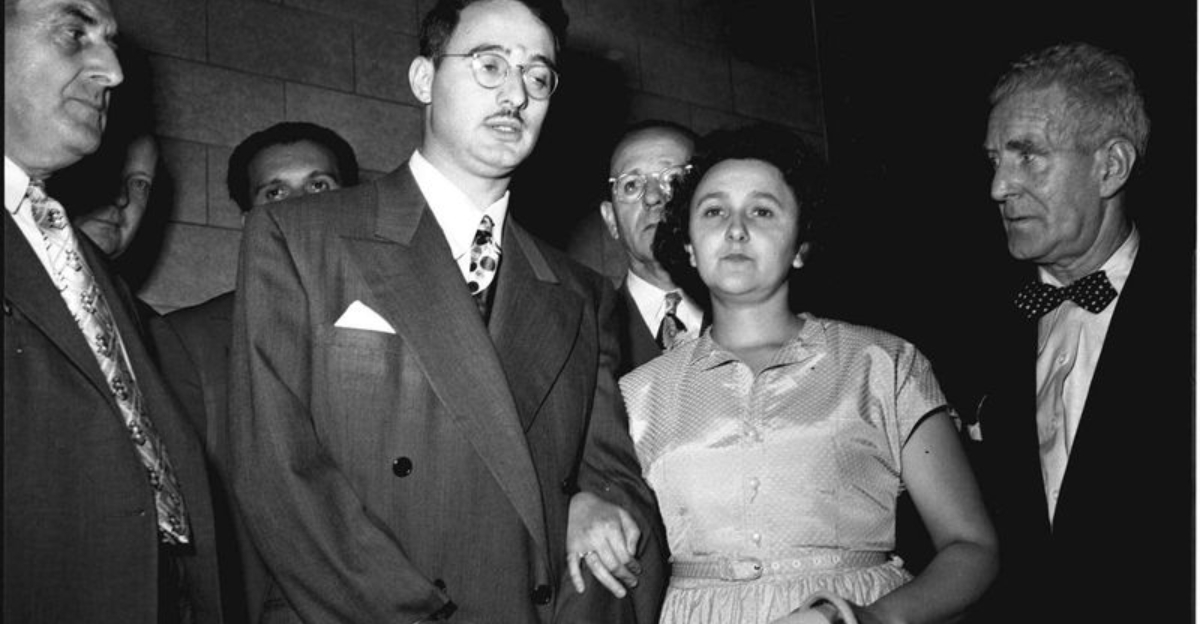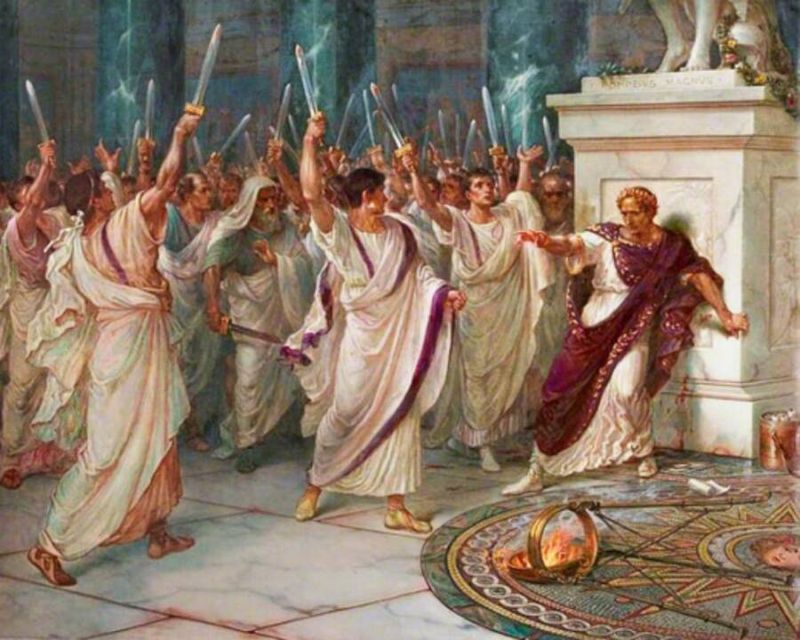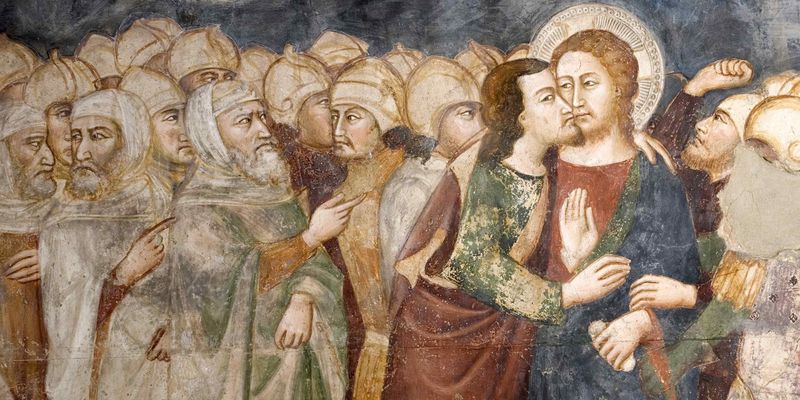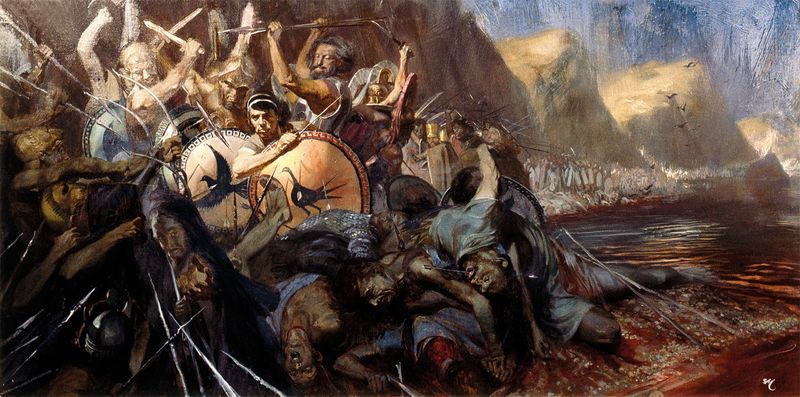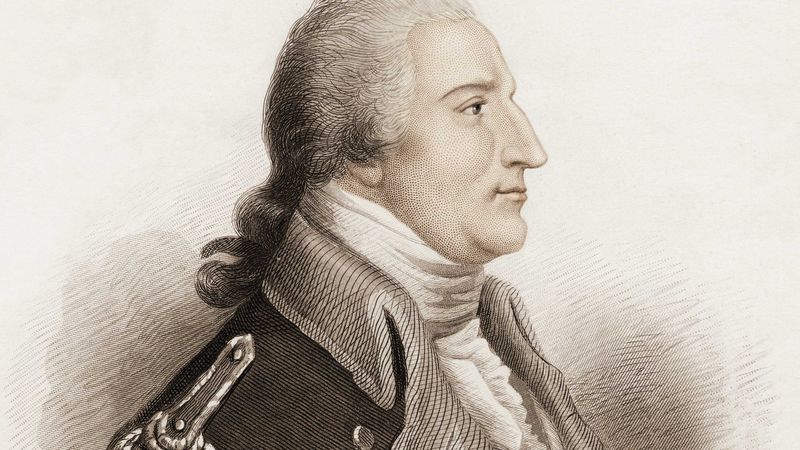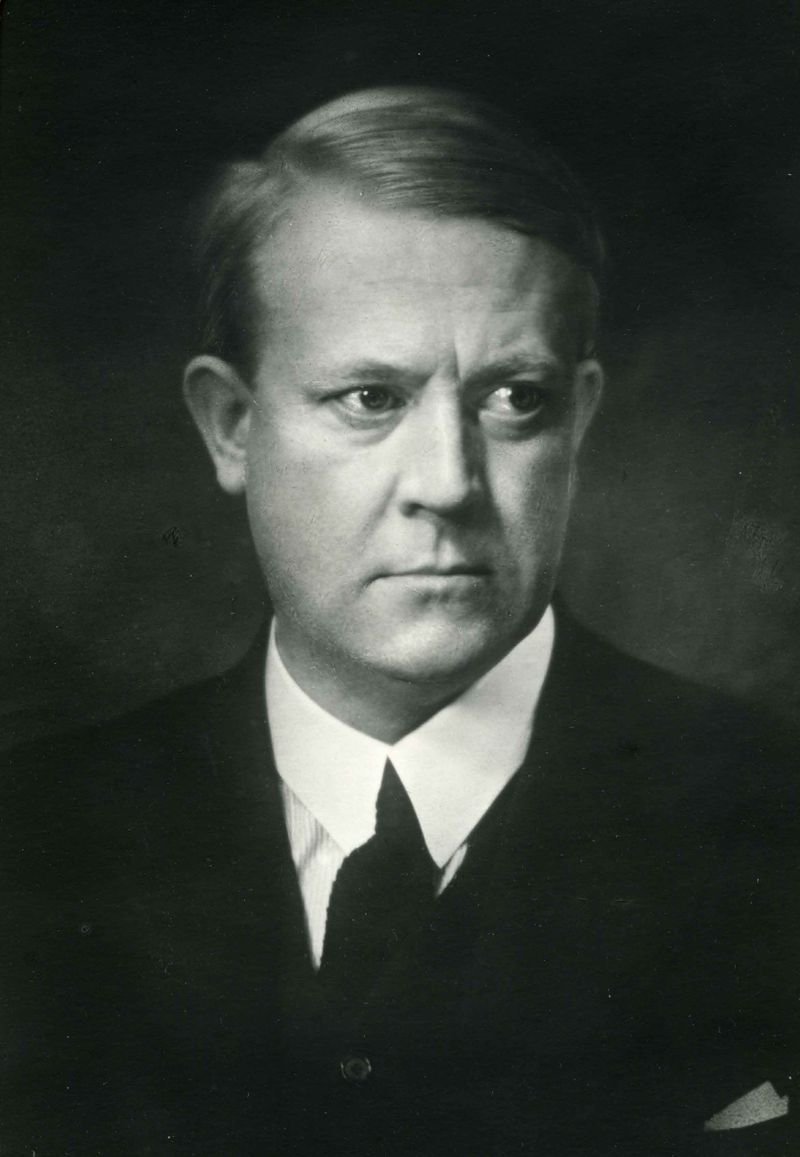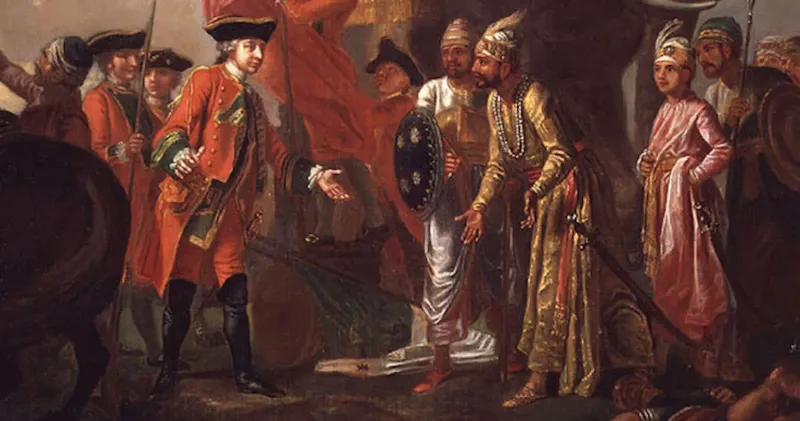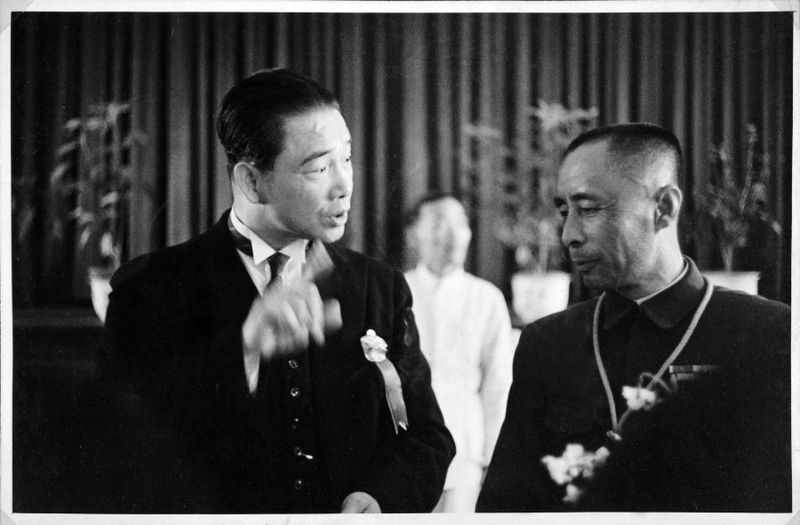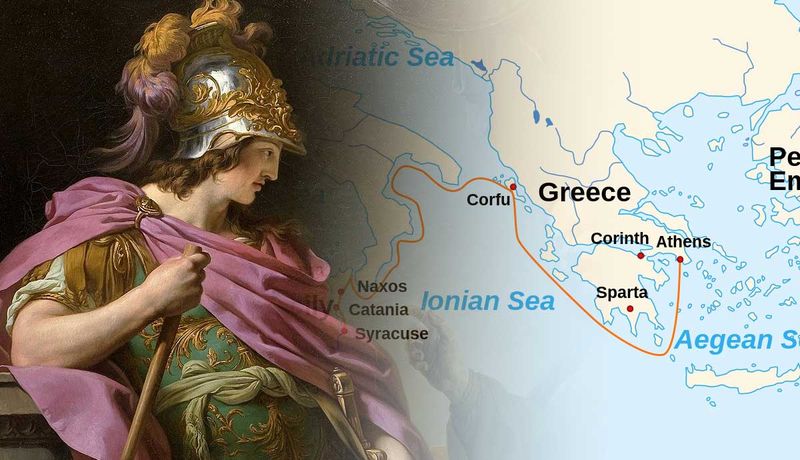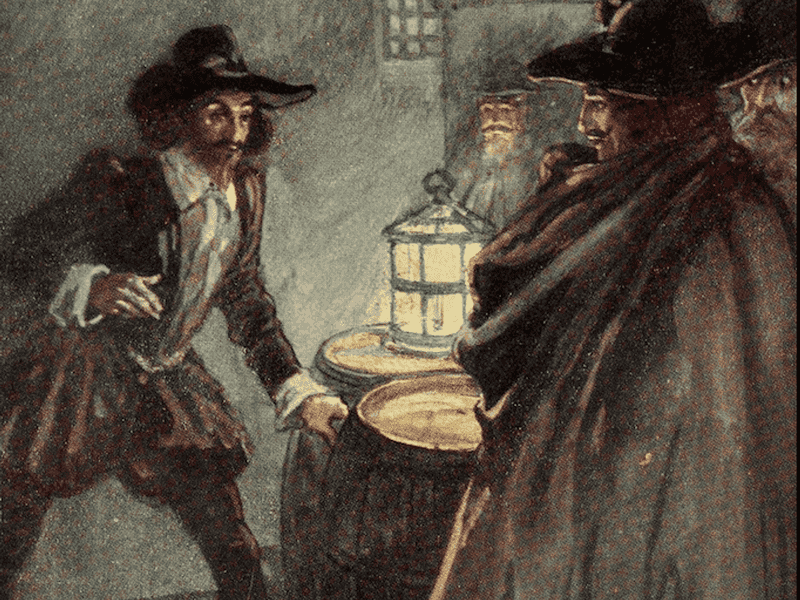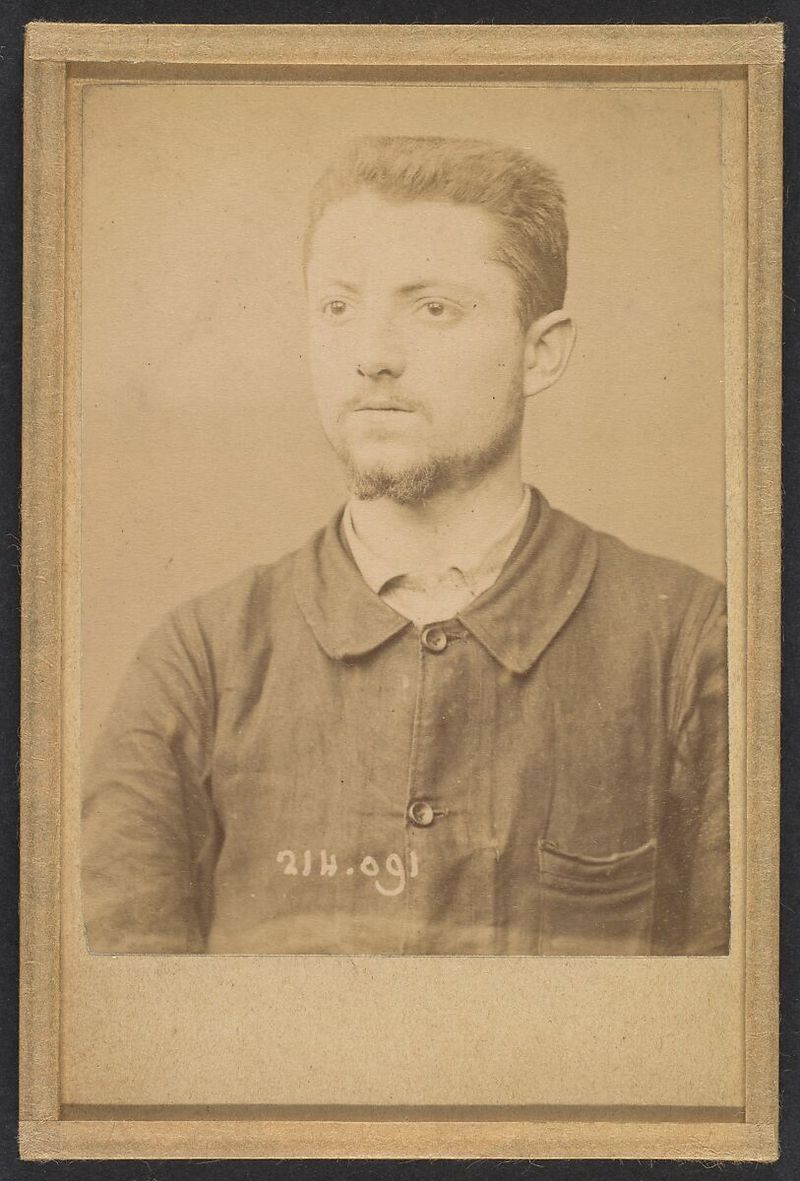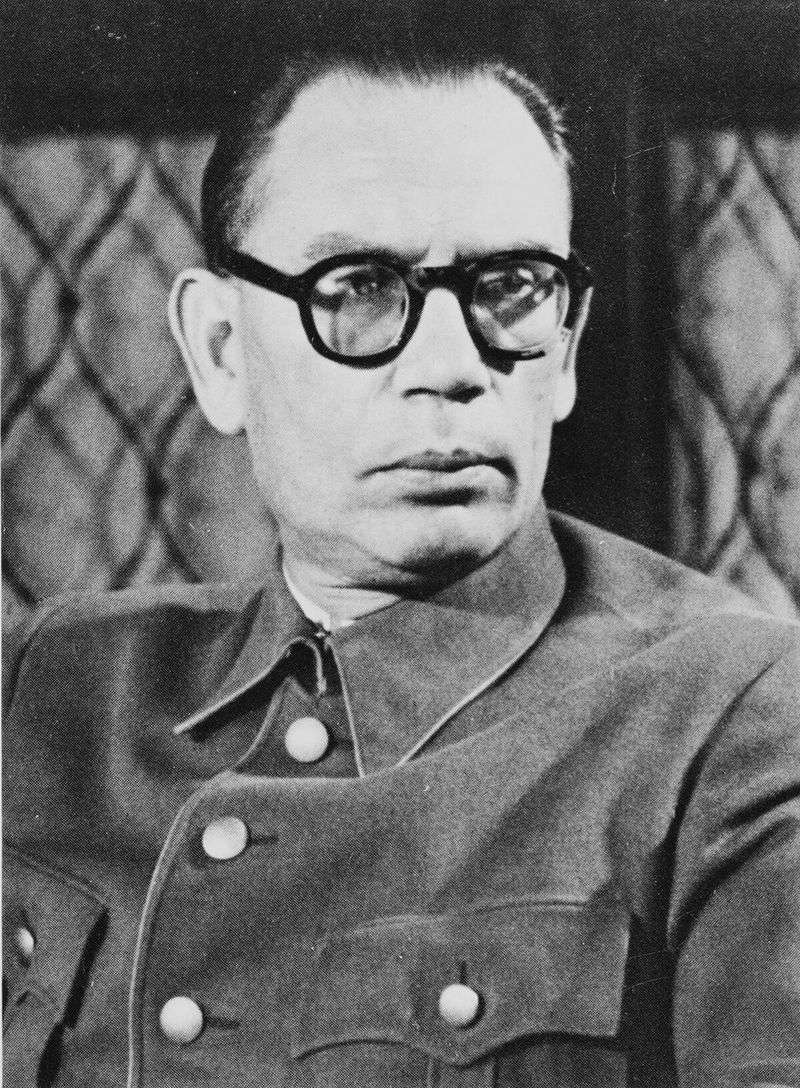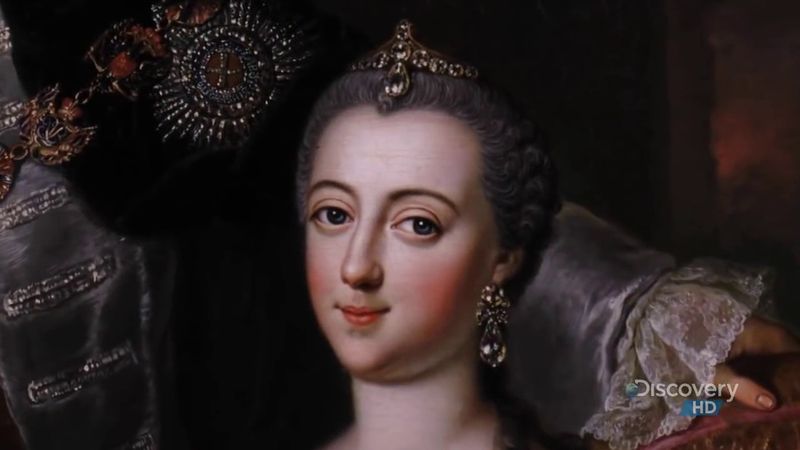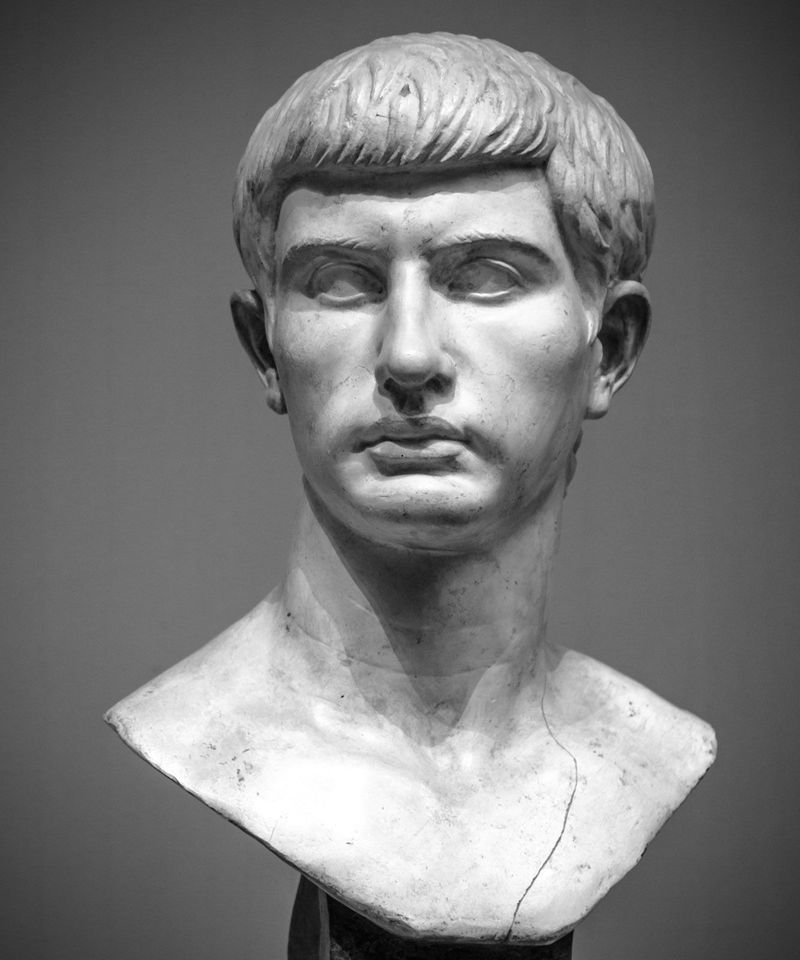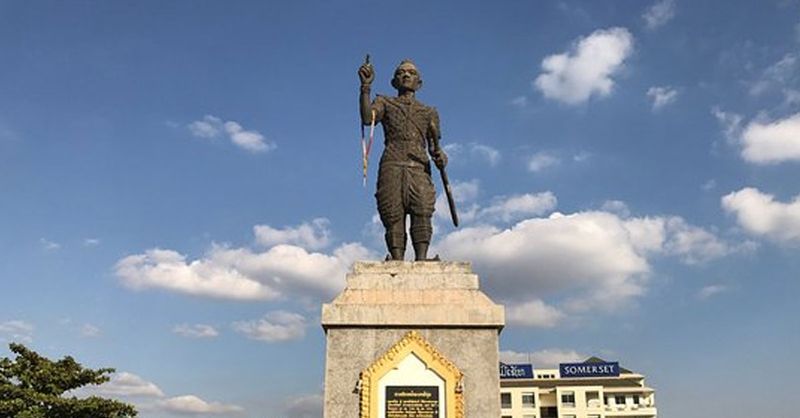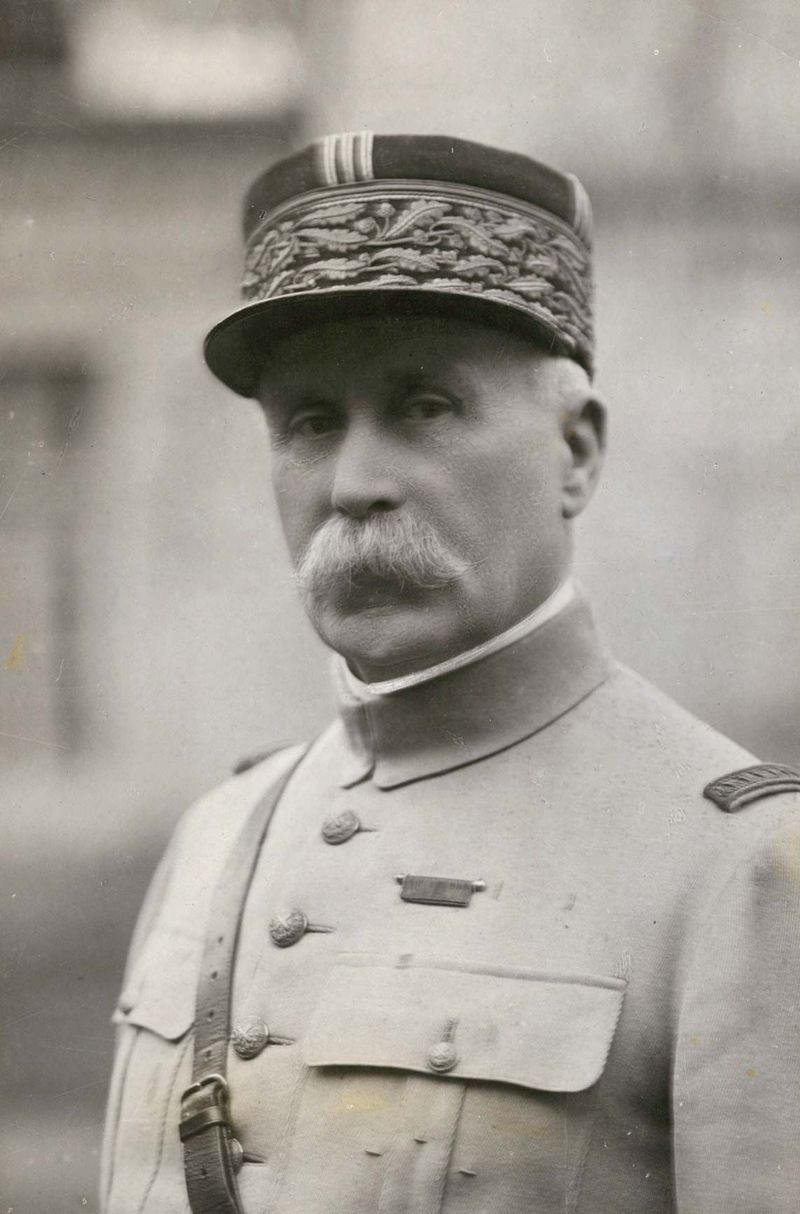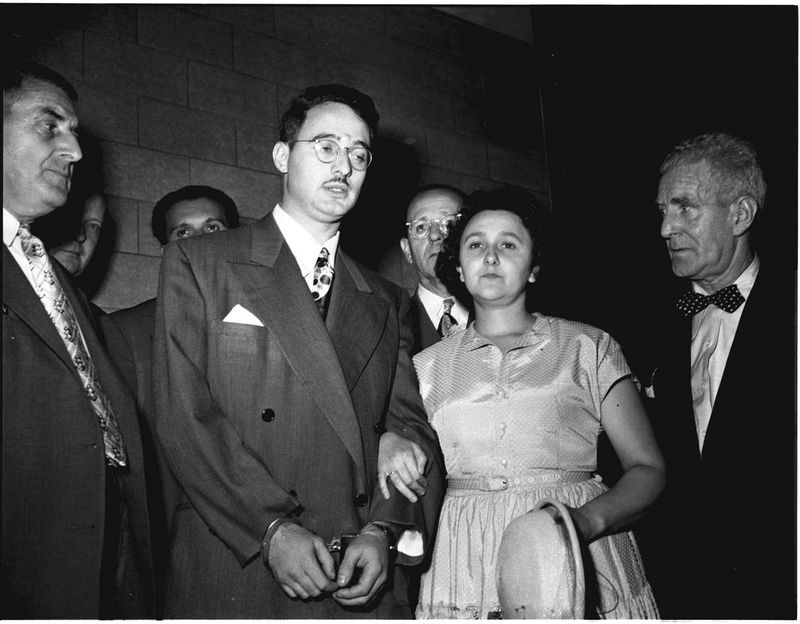Throughout history, certain individuals have betrayed their countries, allies, or beliefs in ways that altered the course of events. This post examines 17 such historical traitors whose acts of treachery left lasting impacts on the world. From ancient betrayals that changed empires to modern-day espionage, these figures are infamous for their actions. Their stories involve intrigue, power shifts, and sometimes, unintended consequences. Explore how their betrayals shaped history and why their names are synonymous with treason.
Brutus (85–42 BCE)
“Et tu, Brute?” Julius Caesar’s last words embodied the ultimate betrayal by his trusted ally, Brutus. On the Ides of March, Brutus, driven by political ideals, plunged a dagger into Caesar, ending the Roman Republic. This act paved the way for the rise of the Roman Empire, forever altering the course of Western civilization. As a man torn between loyalty and duty, Brutus’ name became synonymous with treachery. His betrayal was not just of a leader but of a friend, adding a personal tragedy to the political upheaval.
Judas Iscariot (1st Century CE)
For 30 pieces of silver, Judas Iscariot, one of Jesus’ twelve apostles, betrayed his teacher. This infamous act of treason led to the crucifixion, a cornerstone event in Christian theology. Judas’ name is forever linked with betrayal, as he handed Jesus over to authorities in the Garden of Gethsemane. His actions fulfilled biblical prophecies and set forth a series of events that would shape Christianity’s foundation. Despite his complex motivations, Judas remains a symbol of ultimate disloyalty, his name a byword for treachery.
Ephialtes of Trachis (5th Century BCE)
In the annals of Greek history, Ephialtes of Trachis stands as a symbol of betrayal. His decision to reveal a secret path to King Xerxes’ Persian forces led to the demise of the 300 Spartans at Thermopylae. This act of treachery significantly impacted the Greco-Persian Wars, altering the course of Greek history. Ephialtes’ name became a mark of infamy, representing treason against one’s homeland. His betrayal highlighted the delicate balance of power and the catastrophic consequences that can arise from a single act of disloyalty.
Benedict Arnold (1741–1801)
Once a celebrated American Revolutionary War hero, Benedict Arnold’s name now epitomizes treason. Disillusioned by perceived slights, he conspired to surrender West Point to the British. Although his plot was foiled, the betrayal shook the young nation to its core. Arnold’s defection to the British tarnished his legacy, leaving his name synonymous with betrayal. His story is a cautionary tale of ambition and perceived injustice, illustrating how personal grievances can overshadow one’s contributions and lead to infamy.
Vidkun Quisling (1887–1945)
Vidkun Quisling’s name is forever etched in history as a synonym for traitor. During World War II, he collaborated with Nazi Germany to facilitate their occupation of Norway. His actions not only betrayed his country but also led to widespread suffering. Quisling’s name became a byword for collaboration and betrayal, a stark reminder of the dangers of opportunism in times of crisis. His legacy is one of national shame, as his actions exemplified the ultimate betrayal of one’s homeland for personal gain.
Mir Jafar (1691–1765)
In the complex tapestry of Indian history, Mir Jafar’s betrayal stands out. By siding with the British East India Company against Bengal’s Nawab, he facilitated the colonization of India. This act of treachery marked the beginning of British rule in the subcontinent, altering its history forever. Mir Jafar’s name became synonymous with betrayal and treason, as his actions led to the subjugation of an entire nation. His legacy serves as a cautionary tale of the perils of ambition and the far-reaching consequences of disloyalty.
Wang Jingwei (1883–1944)
Wang Jingwei’s collaboration with Imperial Japan during World War II left a deep scar in Chinese history. Initially a revolutionary hero, his decision to ally with the invaders divided the nation. Wang’s actions, seen by many as a betrayal, resulted in widespread suffering and turmoil. His legacy remains controversial, as his name is often associated with treachery and national division. Despite his earlier contributions to China’s political landscape, his collaboration overshadowed his achievements, leaving a complicated historical footprint.
Robert Hanssen (1944–2023)
Robert Hanssen’s espionage activities for the Soviet Union and Russia rank among the most damaging in U.S. history. As an FBI agent, he compromised countless secrets over two decades. His treachery not only endangered national security but also damaged intelligence operations. Hanssen’s actions highlighted vulnerabilities within U.S. counterintelligence, leading to significant reforms. His betrayal serves as a chilling reminder of the threat posed by insiders, as he leveraged his position to undermine his country from within.
Alcibiades (450–404 BCE)
A brilliant and controversial figure, Alcibiades switched allegiances during the Peloponnesian War, playing Athens, Sparta, and Persia against each other. His charisma and strategic acumen were matched only by his unpredictability. Alcibiades’ betrayals prolonged the war, weakening Athens and altering the balance of power. His actions, motivated by personal ambition and political opportunism, exemplified the complexities of loyalty and the fine line between heroism and infamy. His legacy is a testament to the enigmatic nature of political allegiance.
Guy Fawkes (1570–1606)
Remember, remember the 5th of November; Guy Fawkes’ failed attempt to blow up the English Parliament became a symbol of rebellion. Although the Gunpowder Plot was thwarted, Fawkes’ name endures as a figure of dissent. His actions, driven by religious fervor, were part of a larger conspiracy against King James I. The plot’s failure led to severe reprisals against Catholics in England. Despite this, Fawkes’ legacy lives on in the annual celebrations of Bonfire Night, where he is both vilified and celebrated.
Émile Henry (1872–1894)
Émile Henry’s act of terrorism in the 1890s shocked France, as his bombing of a Paris café targeted civilians. His radicalism turned public sentiment against the anarchist movement, prompting a severe crackdown. Henry’s actions, motivated by ideological fervor, exemplified the destructive potential of extremism. His legacy serves as a reminder of the thin line between activism and terrorism. Although his life was short, Émile Henry’s impact on French society was profound, as his name became synonymous with senseless violence.
Andrei Vlasov (1901–1946)
Once a Soviet hero, General Andrei Vlasov’s defection to Nazi Germany during World War II marked him as a traitor. Leading the Russian Liberation Army, he collaborated with the Nazis against his homeland. Vlasov’s betrayal is viewed as one of the most significant acts of treason in Russian history. His motivations remain debated, with some suggesting a mix of disillusionment and pragmatism. Despite his initial intentions to liberate Russia from Stalin’s tyranny, his actions left a legacy of controversy and condemnation.
Darya Saltykova (1730–1801)
In the shadowy corridors of Russian nobility, Darya Saltykova’s cruelty became legendary. Known for torturing her serfs, her reign of terror exposed the harsh realities of serfdom. Saltykova’s actions, driven by sadism, led to her imprisonment and highlighted societal flaws. Although not a political traitor, her betrayal of basic human decency left an indelible mark on Russian history. Her story prompted minor reforms in serfdom, as her name became synonymous with brutality and the abuse of power.
Marcus Junius Brutus the Younger (85–42 BCE)
Marcus Junius Brutus the Younger, often overshadowed by his namesake, played a crucial role in Julius Caesar’s assassination. This act of betrayal was part of a larger conspiracy to restore the Roman Republic. Despite his intentions, Brutus’ actions failed to stop the rise of autocracy, as civil war ensued. His involvement in the assassination marked the end of Republican resistance, sealing his legacy as both a patriot and a traitor. Brutus the Younger’s story highlights the complexities of loyalty and duty.
Fa Ngum (1316–1374)
Fa Ngum, the founder of the Lan Xang Kingdom, faced betrayal within his own court. His reign, marked by territorial expansion, ended with his overthrow by internal rivals. Despite his contributions to the formation of a powerful Southeast Asian kingdom, Fa Ngum’s legacy is tinged with betrayal. His story reflects the volatile nature of royal politics, where ambition often overrides loyalty. Fa Ngum’s reign laid the foundation for future power struggles in the region, shaping the political landscape of Laos.
Philippe Pétain (1856–1951)
Once hailed as a French hero during World War I, Philippe Pétain’s leadership of the Nazi-collaborationist Vichy regime during WWII marked him as a traitor. His collaboration with Germany led to division and suffering in France. Pétain’s actions, driven by a misguided attempt to preserve French sovereignty, resulted in a legacy of shame. His name remains controversial, reflecting the complex nature of patriotism and collaboration. Despite his earlier heroism, Pétain’s association with Vichy France overshadows his legacy, leaving a lasting impact on French history.
Ethel and Julius Rosenberg (1915/1918–1953)
Ethel and Julius Rosenberg’s espionage activities during the Cold War escalated tensions between the U.S. and the Soviet Union. Convicted of passing atomic secrets, their trial and execution remain controversial. The Rosenbergs’ actions, seen as betrayal by some and as martyrdom by others, exemplify the paranoia and fear of the era. Their legacy continues to provoke debate over justice, loyalty, and the ethics of espionage. The couple’s story is a poignant reminder of the complexities and dangers inherent in the world of spies.
